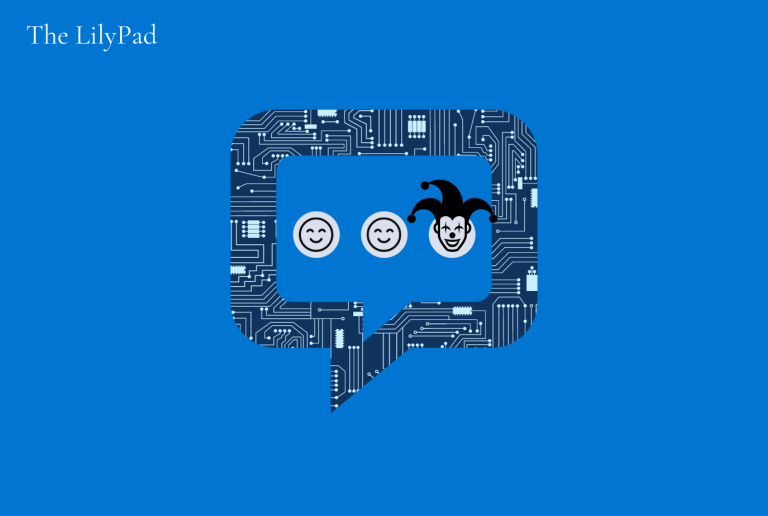There is no denying we live in an era of change. From social change, to climate change, to power ex-change. 200 years ago, the average person on Earth only changed their clothes once every several weeks. And now?
Change seems to inspire a more rapidly moving lifestyle. Advancements in technology have, no doubt, enhanced the way we live our life. One field of research emerging as the babies of Gen Z begin to grow up and have children of their own, is how life-long access to touch-screen technology and programs like YouTube and TikTok have impacted the length of the human attention span.
With the speed at which technology is advancing, one would think it impossible that we do not have access to an abundance of intelligence among the human species. However, looking at recent statistics in young adults might tell a different story.
The average length of the adult attention span decreased by about 25% between the years 2000 to 2015. Why? For one, the media we produce and consume is continuing to get shorter and shorter. From 2-hour full length films to 30 second TikTok’s, there’s no denying we seem to prefer our information short. Another change: the ease with which we consume media and information. No longer must we scour through library shelves for the information we need for that essay due tomorrow when we have Google. Instead of having to go to a cinema to watch a movie, we no longer even have to leave our bedroom–virtually any piece of media ever created can be accessed via the same device we use to Google our essay sources.
This is interesting to me for a few reasons. Mainly, I find it hard to digest the fact that humans might be losing their intellectual passion.
While attention span is certainly not the sole measure for intelligence, the use of ChatGPT raises a plethora of issues which echo the problem of a dwindling attention ability. The human ability to brainstorm ideas independent of AI has been what allowed such advanced technology to be developed. This begs the question, how will our newfound easier access to ideas affect our critical analytical skills? A lack of transparency about the use of ChatGPT when it comes to academic integrity further jeopardizes our education’s ability to strengthen our independent thinking skills.
As a college student, ChatGPT has become an inescapable conversation topic. While some professors seem exasperated by their futile efforts to prohibit its use in graded work, others seem genuinely curious in its effectiveness. From the point of view of many of my peers, ChatGPT is a useful tool to find or condense information, as well as to provide a more in depth explanation of topics not fully understood in class. My fear starts here. When things become easier, we tend to become complacent.
More cynically, it is important to, at the very least, be aware of who is benefiting financially from projects like these. The creators of ChatGPT, the US-based company Open-AI, initially began as a ‘non-profit’ organization but quickly abandoned this model when it became clear in 2019 what life-changing amounts of money could be made in this field. It is wholly justifiable to be wary of a company who claims their mission is to “ensure that artificial general intelligence benefits all of humanity” but now has their own profits to safe-keep.
So yes, I will admit that my fear of a doctor operating on me during surgery in the future who used ChatGPT to get through medical school and honestly has no idea what they are doing is a bit unreasonable. However, it still makes me uneasy to see more and more tasks that previously required practice for our personal critical thinking skills be delegated to a sole branch of a privately-owned AI company.

